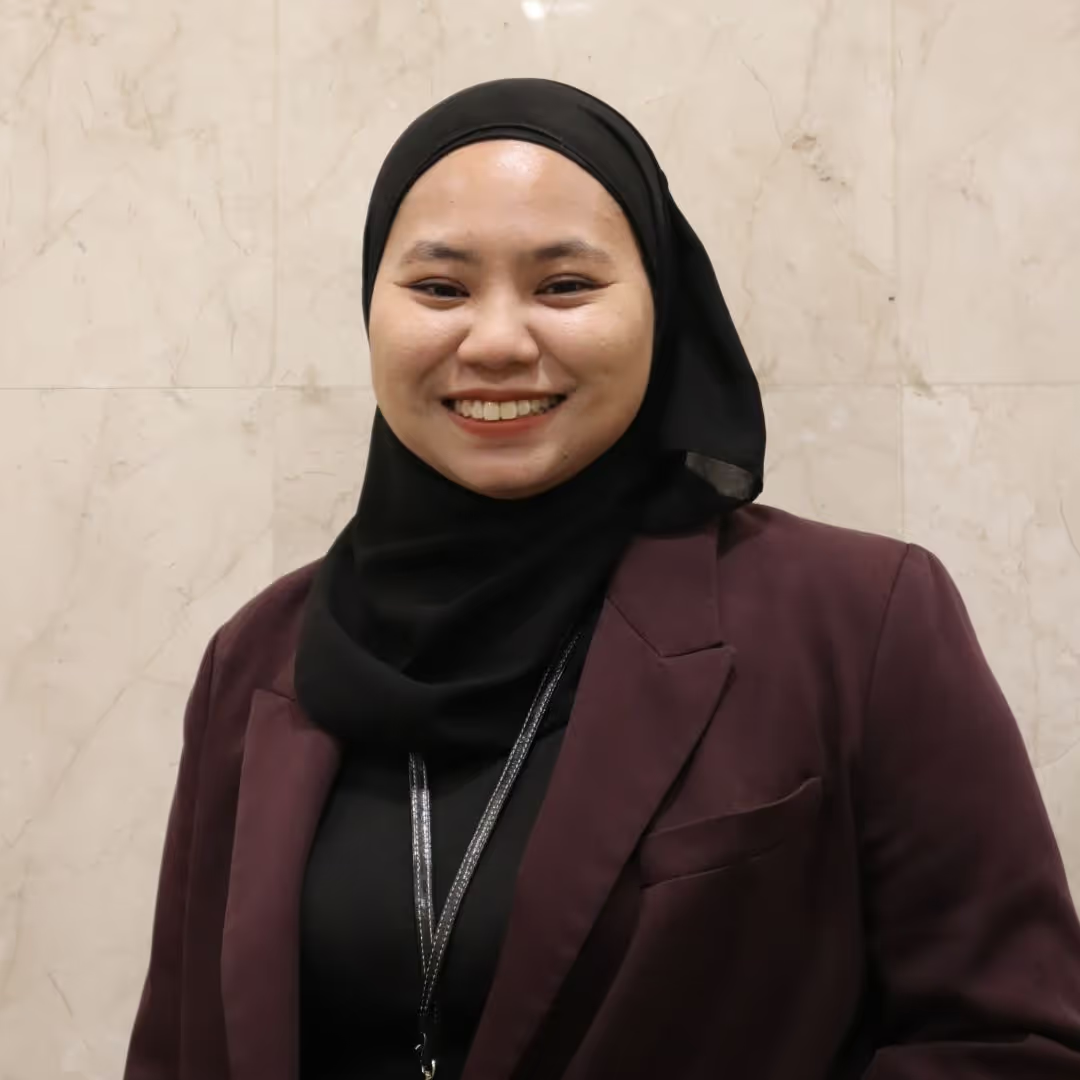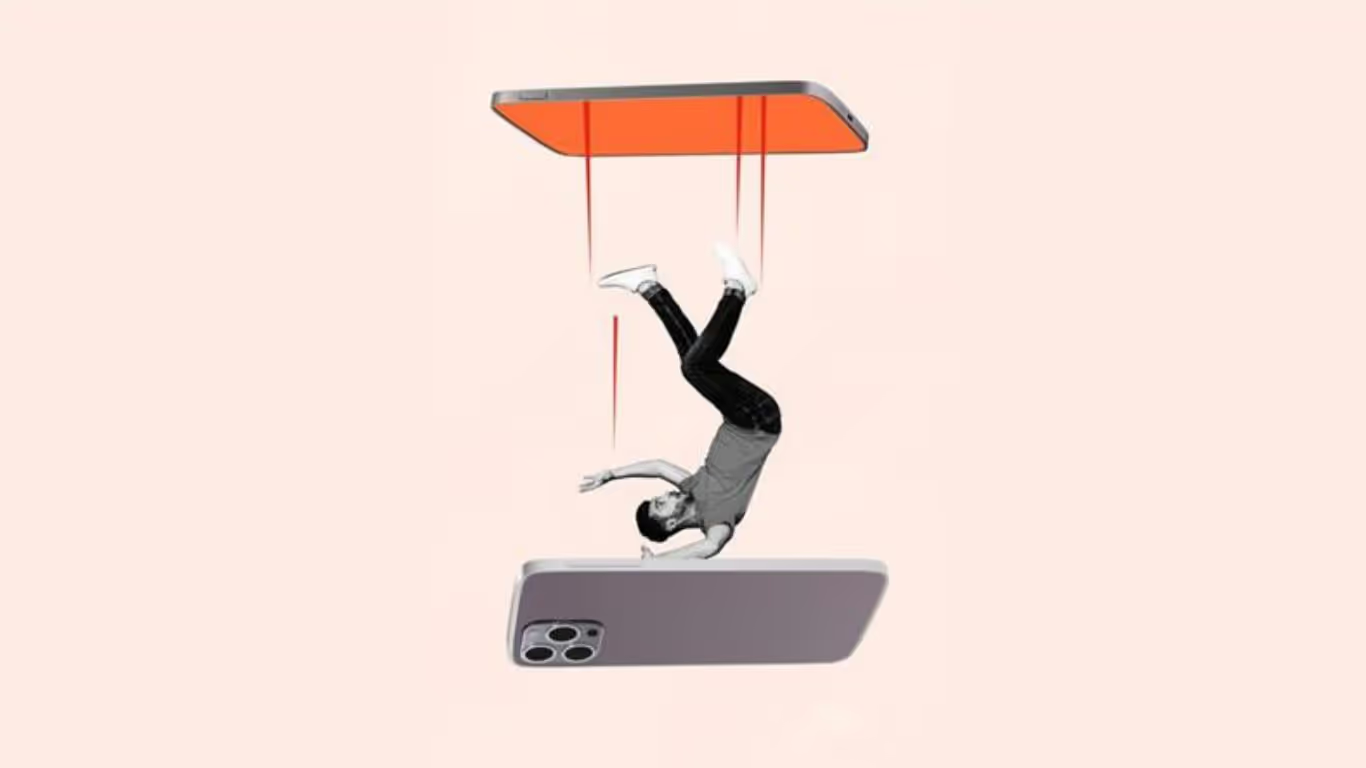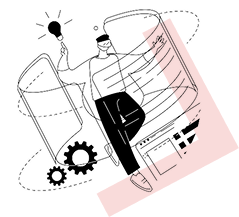
Introduction
Every Merdeka, we celebrate political freedom and national identity, flags, parades, and heartfelt pledges. Yet in 2025, another independence is at stake: independence of the mind. In the age of clickbait, deepfakes, Al-generated ads, and viral conspiracies, true freedom means the ability to think critically and discern facts from fiction. And on that front, Malaysia is alarmingly under-equipped.
Malaysia today is hyper-connected. By 2024, 97.4% of its 33.6 million people were online, and 83.1%, 28.7 million, were active on social media. Malaysia also tops Southeast Asia in social media penetration at 81%, ahead of Singapore (79%), the Philippines (67%), and Indonesia (59%). By early 2025, there were 43.3 million mobile connections, 121% of the population. In effect, almost every Malaysian with a smartphone is perpetually plugged in, constantly bombarded with information.
While connectivity has opened access, it has also accelerated the spread of misinformation. Viral hoaxes, targeted ads, and sensational news ripple through Facebook, WhatsApp, TikTok, and other platforms at lightning speed. When a single post can reach millions in seconds, our only real firewall is critical thinking, and that "firewall" for Malaysians is alarmingly thin. And it's not just digital media; traditional media and even word-of-mouth demand the same scrutiny. As such, have we strengthened our ability to question ideas, or are we letting herd mentality quietly colonise our thinking?
The Fog of (Info) War
This isn't a fringe problem. It infiltrates every area of life. For example, last year, Malaysians lost RM1.34 billion in over 33,000 online fraud cases, according to the National Scam Response Centre. Romance scams, bogus investment schemes, fake job offers, and even deepfake impersonations preyed on ordinary people who trusted the wrong information.
Healthcare, too, has paid the price. Misinformation around vaccines has fuelled hesitancy, eroding our herd immunity. While Malaysia's national average for measles-mumps-rubella (MMR) immunisation has historically exceeded 95 per cent, the reality on the ground is uneven. In 2024, only 62 per cent of districts achieved the 95 per cent coverage needed to prevent outbreaks. The consequences were immediate: measles cases almost doubled, from 2,002 in 2023 to 3,791 in 2024, and outbreaks jumped from 112 to 231. The result is stark, misinformation doesn't just cloud opinions; it can leave children unprotected, communities vulnerable, and healthcare resources stretched thin.
Even democracy isn't immune. Online echo chambers and junk news can sway opinions, mobilize groups, and polarize communities before facts emerge. Many Malaysians now find it easier to forward a sensational post than to question its veracity. In effect, we are not independent thinkers, mentally colonised by misinformation and emotional manipulation. If we cannot critically filter what we read or watch, we are not truly merdeka in our minds.
When communities relied on trusted gatekeepers; journalists, librarians, teachers; myths and falsehoods rarely slipped through unchecked. Today, the loudest or most emotive voice wins the clicks. A July 2025 analysis by The Star found that only three in ten Malaysians bother to verify information online, leaving the other 70% to accept it at face value—fertile ground for misinformation. Our societal "herd immunity," the shared baseline of truth, is eroding.
Information Literacy: The Missing Pillar
We routinely teach digital skills (how to code, how to ethically use AI) and financial literacy (how to manage money, avoid debt, understand BNPL). Those are important, but these efforts assume we can first tell good information from bad. What about the "upstream" skill of information literacy? By "upstream," I mean the foundational ability that comes before all other literacies. Just as upstream waters shape everything that flows downstream, information literacy shapes how effectively we can apply digital skills, financial literacy, or any other knowledge. It is the ability to verify, question, and contextualize every claim or data point, no matter the source. This includes news articles, social media posts, ads, political speeches, and even casual conversations. Without it, all other skills are vulnerable to deception.
Malaysia has no national curriculum for information literacy
We lack coordinated training on how to source, understand, research, and evaluate information before believing it, whether from an individual or a digital platform. By contrast, countries like Finland and Estonia integrate media literacy throughout school subjects, equipping students to dissect viral posts in real time. Singapore's National Library runs the Source, Understand, Research, Evaluate (S.U.R.E.) campaign as a framework to teach citizens how to check facts. Taiwan has a cross-ministry task force that debunks election rumors hours after they appear. These models show that a society can inoculate itself against fake news but only if information literacy is treated as a core competency, not a sideline.
Credit Where It's Due. But It's Not Enough
Some institutions have responded. The MOH flags unapproved health products, and the Malaysian Communications and Multimedia Commission (MCMC) occasionally issues advisories. To curb fake news, the Malaysian National News Agency (Bernama) launched MyCheck Malaysia, a portal where the public can verify viral social media claims. Yet these are reactive measures, treating symptoms rather than the root cause. We cannot depend solely on platforms or governments. Meta, TikTok and Twitter value engagement over accuracy; their algorithms reward outrage. Expecting them, or even stricter laws, to filter all content is unrealistic and risky, as it breeds passivity. A healthy democracy needs citizens who choose to think, not simply submit to censorship.
The Market Incentive to Grey Area
It's also naïve to think people always act ethically online. Bloggers sensationalize headlines for clicks. Influencers hide sponsorships to boost sales. Telemarketers churn out exaggerated pitches for commissions. Even politicians may twist facts for media buzz. In other words, misinformation often pays. Until we change the incentives or arm the public to see through them, truth will play second fiddle to temptation. That means we, the consumers of information, must vote with our habits. Every time we click on a dubious link, share a sketchy post, or skip checking an unfamiliar source, we are casting a vote for the kind of information ecosystem we want.
The Missing Link: Why We Skipped Information Literacy
In Malaysia's rush to improve education and skills, we've emphasized hard skills, coding, English proficiency, and financial know-how, and we lump "information literacy" mostly into cyber-safety or media regulation. Malaysia's educational and policy approach, information literacy tends to be bundled under cyber-safety initiatives like CyberSAFE in Schools or treated within media regulation frameworks like the Online Safety Bill, but that's like teaching swimming techniques without mentioning water safety. Without the ability to question and verify, digital and financial literacies only make us better targets for scams and manipulation. It's the critical filter that allows all other literacy to work.
Khazanah Research Institute's research fellow Dr Yunus recently hosted a roundtable on building a thinking society, driving home a key point: critical thinking is not a university luxury but a lifelong skill that should take root in childhood. Across ASEAN, countries are exploring similar paths, such as Thailand's "Media Literacy for All"and SEAMEO's Media Information Literacy (MIL) framework for schools, but few have translated these into sustained, government-led national programmes. In Malaysia, efforts remain largely ad hoc, driven by workshops and NGO campaigns. Without high-level leadership, these initiatives risk staying scattered and disconnected.
A New Kind of Independence
This Merdeka, freedom is more than flags and parades. Real independence is the ability to read critically, question confidently, and choose wisely. Without that, merdeka minda, independence of the mind, remains out of reach. Our public service messages no longer cut through, and our critical thinking has been left to wither. We are politically free, yet mentally exposed, easy prey for hoaxes, scams, and manipulation.
If we are struggling today, what happens tomorrow, when Al can fake voices, faces, even trust itself? A generation without skepticism will inherit the symbols of freedom, but not its substance. Merdeka without merdeka minda is hollow. The urgency is now: either we learn to defend our independence in our heads, or risk losing it everywhere else















